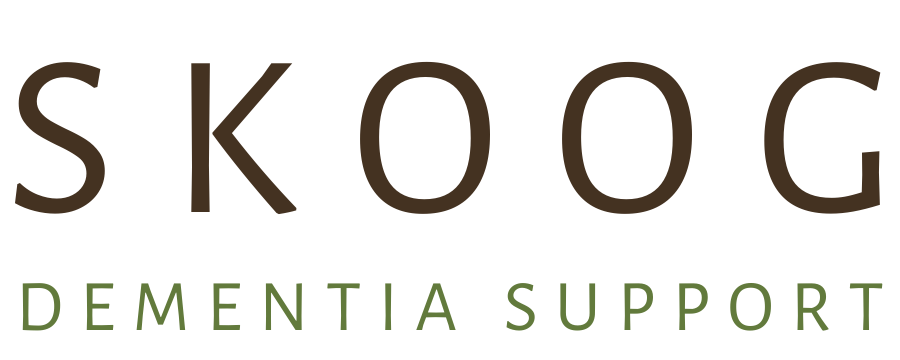Conversations
My 29th birthday was spontaneously spent with my parents at the diner where my mom was working. Dad had just retired a few months previous and was glad to have a spring evening open. As Mom dropped by our table between customers, Dad chatted about plans, disappointments, fears, and hopes. He was more talkative than I had known him to be. It was a lovely night filled with conversation. Eleven days later I received a call from the county Sheriff stating he was dead - a massive heart attack at home. My mom was in shock and unable to make decisions. She had identified me as her proxy, and for the first time I was required to speak and make decisions on their behalf.
As you can imagine, this event instantaneously put the relationship with my mom on a new path. Once the funeral was over and my siblings returned to their homes, I became her primary companion. I found the courage and energy to have some difficult conversations. Mom shared with me that, despite the uncertainty of it, she was glad dad’s death spared her from some hard decisions. She resolved: “There are a lot of things worse than death.” Together we talked about what those things may be for her. We updated her advanced directives, and I promised her I would do my best to support her wishes.
My experience in hospice social work provided an understanding in the balance of mortality and humanity. As I work with families trying to weigh benefits and risks, I am often reminded of Atul Gawande’s book, Being Mortal, where he states: “Courage is strength in the face of knowledge of what is to be feared or hoped.” He goes on to say, “Two kinds of courage are required in aging and sickness. The first is the courage to confront the reality of mortality… But even more daunting is the second kind of courage- the courage to act on the truth we find.” He admitted the struggle to find this courage is that “the wise course is so frequently unclear.”
When symptoms of ill health or difficult conditions are identified, society encourages us to seek out the appropriate medical professional, undergo tests, and assess treatment options. Symptoms are normalized with use of surgery, drugs, and therapies of all kinds. This cycle continues as symptoms are re-evaluated, reassessed, and re-treated until the benefits are greater than the risks. Treatment is valuable and appropriate for disease and research where there are known cures and ways to help heal the body and make a person “whole” again.
If we think about dementia as a disease or a condition, we have a default reaction to go through the process of testing, diagnosis, and treatment with the goal to try to find a cure. What we end up focusing on is what is wrong with the person and how we can fix them. Unfortunately, at this point there are no cures or successful treatments for dementia and what is taking an individual away from a sense of being “normal”. It is, of course, important to seek out the appropriate medical professional when first noticing changes in your thinking, memory, and attention skills. But because we are unable to change the individual’s progression when dementia is involved, the cycle of reassessments can sometimes make those experiencing incurable conditions miserable.
To offer care, one understands dementia more along the lines as a disability and seeks to meet well-being, emotional, and security needs. Care focuses on experience; skills maintained and looks to alter the environment as needed. When we understand that individuals will live with dementia for the rest of their lives, we will want to focus our moments together on experiences that can be enjoyable and purposeful. This gives us courage to act on the truth we find, together.
Gawande challenges us to sit together and have honest conversations concerning treatment and care. My philosophy of care management and medical advocacy skillfully considers the difference between the two when it comes to aging and especially, dementia. I bring to the conversation what is probable and what is possible in a way that brings dignity and hope to the journey.

